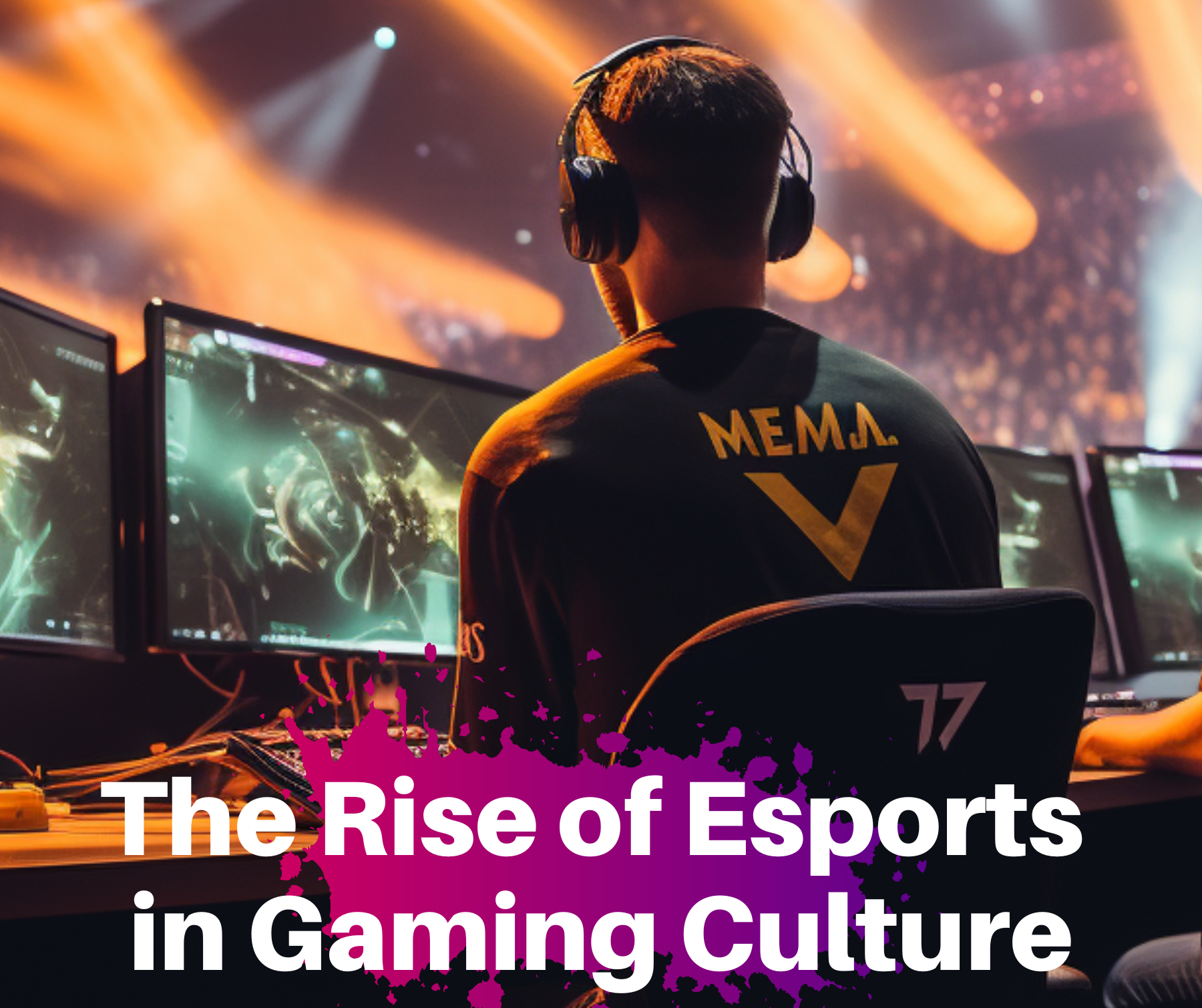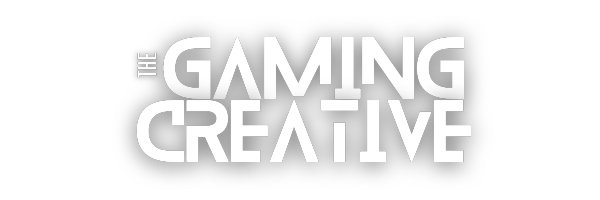5 Ways Esports is Changing Gaming Culture

Esports has emerged as a dominant force within not only gaming culture, but the culture in general. It has captivated millions of fans worldwide and is quickly changing the way we perceive gaming. Let's examine some of those changes and the impact they have.
1. Connecting Gaming Culture to Mainstream Culture Through Sports:
Esports shares a lot of its' DNA with traditional sports - which has already a well-established place in our culture and society. As esports events garner mainstream recognition, sponsorship deals, and lucrative broadcasting rights, the lines between the two get even more blurred. It is estimated that the global esports audience will reach a staggering 474 million people in 2023, with revenues surpassing $1.5 billion. This exponential growth was fueled in many ways by following the pathways laid out by traditional sports - with major television networks and streaming platforms broadcasting tournaments to millions of viewers worldwide.
2. Accessibility and Inclusivity:
If you want to make it in the NBA, you need to stand over 2 meters tall. Want to be in the NFL? You need to be a physical specimen. However, unlike traditional sports, esports allows players from diverse backgrounds to compete on an equal playing field. As the technology supporting esports continues to advance, gaming enthusiasts will find even more opportunities to support and participate. This year we witnessed an explosion of participation from new demographics, including casual gamers, women, and older adults, contributing to the diversification of gaming culture. A recent study found that female esports viewership has increased by 60% compared to the previous year, highlighting the growing inclusivity of the industry.
3. The Power of Personal Brands:
In the realm of gaming culture, influencers and streamers have become mini (or sometimes fully-size) empires in their own right. These content creators have a significant impact on the popularity and success of esports, with some of them even forming their own professional teams.
Through platforms such as Twitch and YouTube, they provide real-time commentary, entertaining gameplay, and personal engagement with their audience. They are instrumental in popularizing esports titles, fostering communities, and generating interest in competitive gaming. A wide range of diverse streamers and creators also helps to create representation and opportunities for new faces in esports and gaming.
It is estimated that the global esports influencer market will surpass $1 billion in 2023, further solidifying the symbiotic relationship between influencers and the esports industry.
This has a large impact on gamers hoping to go pro or have a career in esports - as they are beginning to realise the importance of their personal brand, image and reputation. This has led to somewhat of a decrease in toxicity among creators and esports athletes, which will hopefully trickle down to the mass audience.
4. Emerging Technologies and Innovations:
The need to push the quality, entertainment value and innovation of esports also drives innovation and technology in the gaming industry as a whole.
Virtual reality (VR) and augmented reality (AR) are making their way into competitive gaming, providing immersive experiences for both players and spectators - one of the most exciting upcoming projects (Virtex) allows you to put yourself in a seat in a stadium at an esports event through VR.
Additionally, blockchain technology is being leveraged to enhance transparency, security, and fairness in esports tournaments, addressing concerns related to cheating and match-fixing.
Competition also drives technology, as data analytics and machine learning are playing an increasingly significant role in esports. Teams and players are leveraging these technologies to analyze gameplay patterns, optimize strategies, and gain a competitive edge. Advanced analytics tools provide valuable insights into player performance, allowing teams to make data-driven decisions when recruiting new talent or strategizing for matches.
5. Changing Gamer Lifestyles:
Esports has had a big impact on how gamers are perceived and what people think of when they think of the life of a gamer. Pro gamers are now working with performance coaches, establishing healthy routines that include physical fitness, diet and rest. And yes, even going outside. We see a rise in gamers who work out at the gym, eat healthy and cook - as the culture starts to celebrate healthy, well-rounded lifestyles over grinding games nonstop. This, of course, is good news for brands who may have looked to stay away from gaming because of negative perception towards health.
Looking Ahead:
Esports will continue to forge its path as a global phenomenon, intertwining with mainstream entertainment, traditional sports, and popular culture. It will provide opportunities for aspiring professional gamers, influence the development of new games and genres, and drive innovation within the gaming industry as a whole. And we are here for it.
